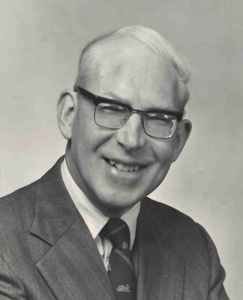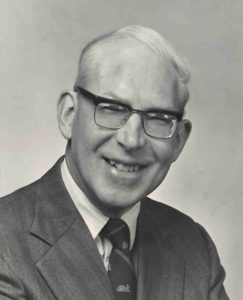
Once a student met with him to complain about having to read Augustine’s Confessions. “It’s boring,” the student whined. “No, it’s not boring,” the professor responded. “You’re boring.”
Tish Harrison Warren, Liturgy of the Ordinary, p. 34
What Jonathan’s professor meant is that when we gaze at the richness of the gospel and the church and find them dull and uninteresting, it’s actually we who have been hollowed out. We have lost our capacity to see wonders where true wonders lie. We must be formed as people who are capable of appreciating goodness, truth, and beauty.


